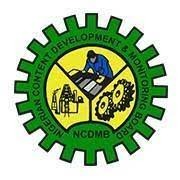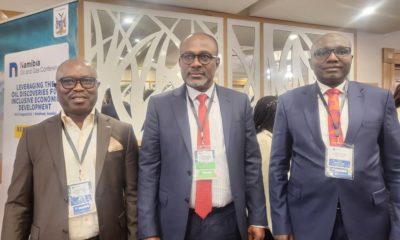Business
NCDMB, BOI Sign Amendment of MoU on NOGaPS Manufacturing Fund
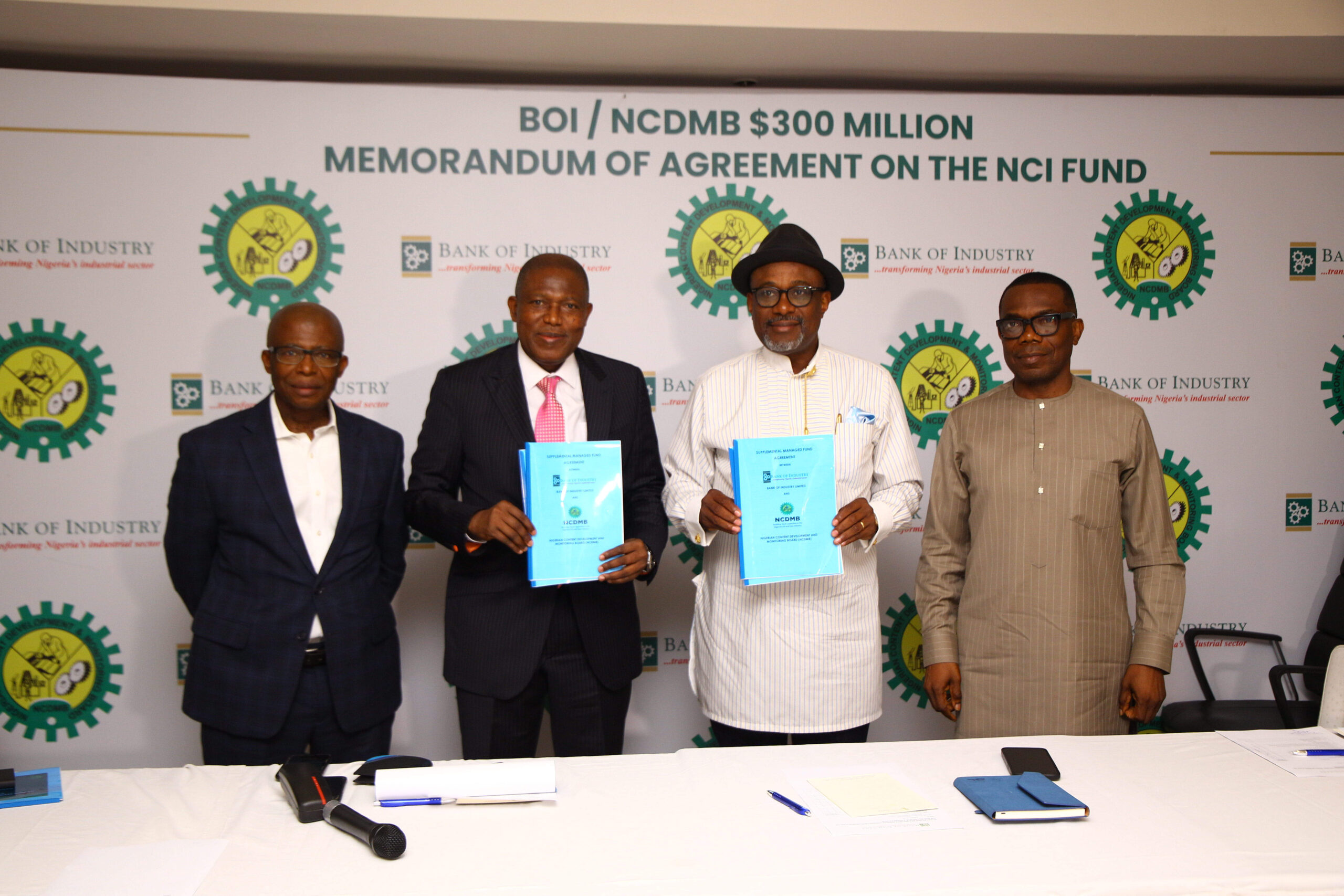
..Angola, Namibia to replicate funding model
Precious Adelola
The Nigerian Content Development and Monitoring Board (NCDMB) and the Bank of Industry (BoI) have signed an amendment to the Memorandum of Understanding (MoU) on the $50million NOGaPS Manufacturing Fund.
The Fund was created by the NCDMB and domiciled with BoI to attract oil and gas equipment manufacturers to the Nigerian Oil and Gas Parks Scheme (NOGaPS) facilities established by the NCDMB, and increase access to affordable finance by the manufacturing entities.
The signing of the amended MoU took place in Lagos on Friday at the 2023 second quarter Review Meeting of the Nigerian Content Intervention Fund (NCIFund).
In his remarks, the Executive Secretary, NCDMB, Engr Simbi Kesiye Wabote underlined the tremendous success of the NCIFund in catalyzing capacity development and investments in the Nigerian oil and gas industry. He hinted that the Fund serves as a model for local content practice across the African continent and inspired the creation of the African Energy Bank by the African Petroleum Producers Organization (APPO), in partnership with the African Export Bank (Afreximbank).
He added that countries like Angola and Namibia are currently engaging the Board, with a view to understand the workings of the NCI Fund, so as to replicate same in their jurisdictions.
In Wabote’s words “today, Angola is thinking of establishing a similar credit line for their oil and gas companies. I think the parliament recently approved some sum of money for them to manage in that respect. Namibia is planning to do the same with the potential enactment of a Local Content Act.”
Wabote further commended the Bank of Industry for the successes being recording in the management of the NCI Fund, assuring that the Board will continue to look for other opportunities to increase its partnership with BoI.
He said: “Considering the effectiveness and success recorded by BoI, NCDMB may consider inviting BoI to send a nominee that will act as independent Director to the Board of Directors of some of the companies that we have invested equity in. This will help them overcome some of the prevailing issues around governance, liquidity and technical optimization.”
On his part, the Managing Director of the Bank of Industry, Mr Olukayode Pitan expressed confidence in the future performance of the Board’s funds domiciled in the bank while noting that these quarterly review meetings will impact on sustaining the effective disbursements and recovery of these funds.
According to him, the NCI Fund is performing excellently with 194 applications equalling US$1 billion /₦80.6 billion with 69 disbursements totalling US$324 million /₦38.4 billion as at the day of reporting.
The Board established the NCI Fund in 2018 with the purpose of financing Oil and Gas companies to increase capacity and grow Nigerian Content in the Industry Presently, the NCI Fund has five product lines which are being managed by the Bank of Industry. They include – Manufacturing Finance -$10m; Asset Acquisition Finance -$10m; Contract Finance -$5m; Loan Refinance -$10m and Community Contractor Finance – ₦20 million.
The US$50 million NOGaPS Fund was launched as a separate product in March 2023 to incentivize companies that will be domiciled and manufacture oil and gas equipment components within the NCDMB oil and gas parks being established at different locations across the country, with the sites in Bayelsa and Cross River State open for occupation.
The Board also has a US$30 million Working Capital Fund for oil and gas service companies and US$20m Fund for Women in Oil and Gas Intervention Fund. The last two facilities are administered by the Nexim Nigerian Export-Import Bank and the agreements were signed in mid-2021.
Business
Chevron Staff On Place Of Public Relations In Crisis Management
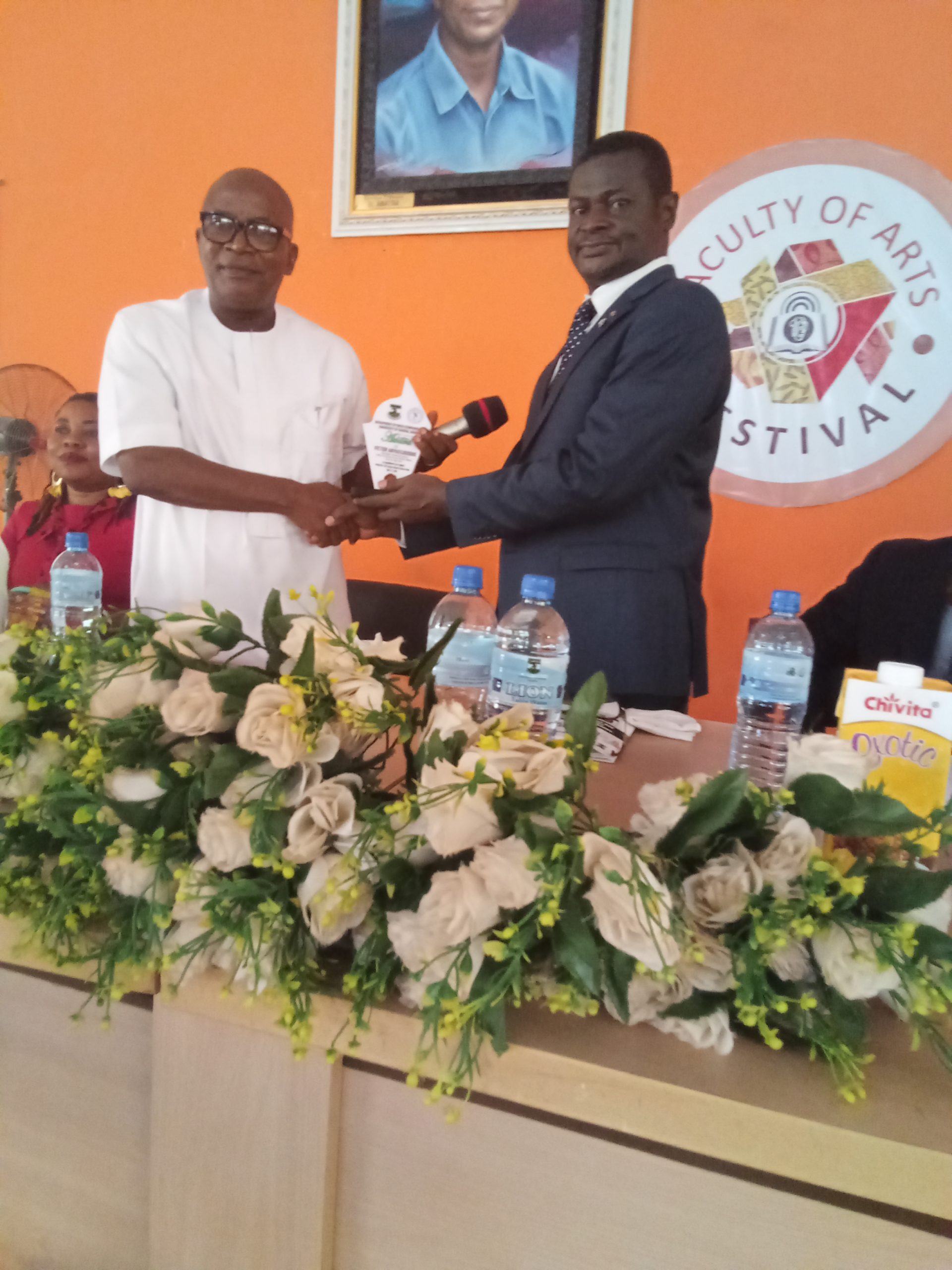
Effective Public Relations strategies have been identified as essential for maintaining stakeholder trust, managing crises, and ensuring long-term success of corporate organizations.
Manager Communications, Chevron Nigeria and Mid-Africa Business Unit, Victor Anyaegbudike, gave this indication while delivering a paper titled: “Corporate Organizations, Public Relations, and Crisis Management” as a guest lecturer during the 2024 Jackson Annual Lecture (JAL) and International Conference of the Department of Mass Communication, University of Nigeria, Nsukka (UNN) held from April 17-19, 2024.
Anyaegbudike, an alumnus of the University, noted that Public Relations and crisis management are integral components of a comprehensive reputation management strategy for corporate organizations, adding that while Public Relations focuses on proactively managing public perception and building strong foundations, crisis communication steps in during times of crisis to address and mitigate reputational threats.
“In today’s interconnected world, where information travels at the speed of light, Public Relations plays a pivotal role in shaping the image and reputation of corporate organizations,” he stated.
He explained that crisis management is the process by which an organization deals with a disruptive and unexpected event that threatens to harm the organization or its stakeholders and outlined some strategies for effective Public Relations crisis management which include ‘Preparedness, Transparency, Consistent Messaging, Empathy, Monitoring and Adaptation’.
According to him, “effective crisis management involves a delicate balance between transparency, empathy, and strategic communication. Organizations that handle crises well can emerge stronger and maintain stakeholder trust.”
While identifying and highlighting some theoretical and practical paradigms that constitute successes and failures of Public Relations efforts in crisis, Victor emphasized the paramount role of leadership in crisis management and stated that effective leadership during a crisis fosters resilience, trust, and successful resolution.
He mentioned some ways leadership contributes to effective crisis management as “Decision-Making, Communication, Strategic Vision, Empathy and Support, Adaptability, Transparency and Accountability, Team Coordination, Learning and Improvement.”
The lecture was well received by a large audience which included members of the academia, representatives of corporate organizations, government officials, traditional rulers, and students.
Anyaegbudike was also presented with an Excellence Award by the University during the event.
The JAL was established in honour of late John Payne Jackson, a courageous newspaper editor who founded the “Lagos weekly Record newspaper” in 1891 and used his paper to attack the exploitative and obnoxious policies of the colonial government.
Business
Again, Dangote Crashes Diesel, Aviation Fuel Prices To N940, N980 Respectively
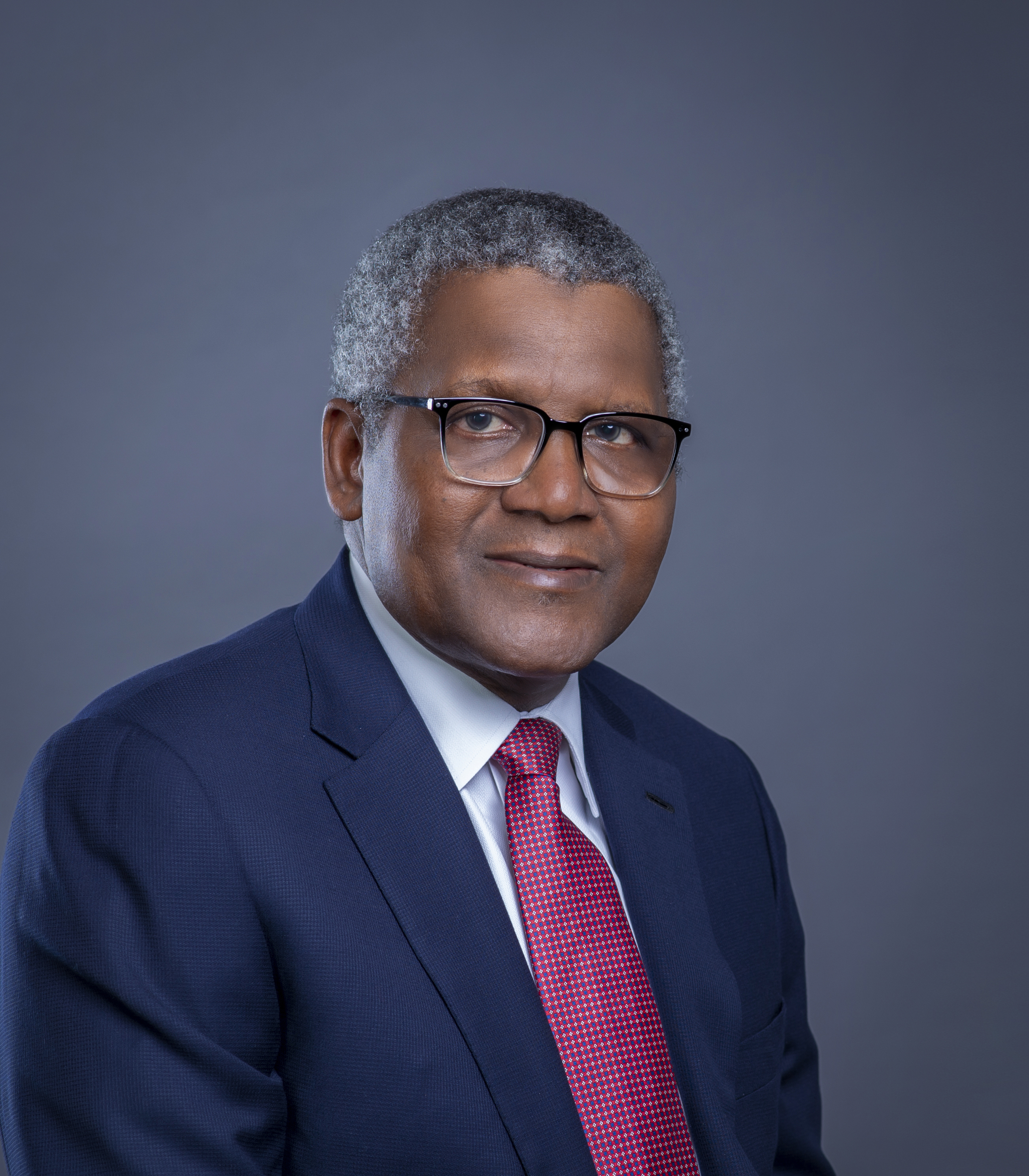
It appears the Nigerian economy would not have to wait for long to reap the benefits of local production of refined petroleum products, with fall in prices witnessed thrice in less than four weeks.
Biztellers reports that the Dangote Petroleum Refinery has again reduced the prices of both diesel and aviation fuel to N940, N980 per litre respectively.
This is coming in the wake of its widely celebrated price reduction to N1,000 barely two weeks ago.
The company disclosed in a statement on Tuesday that the price change of N940 applies to customers buying five million litres and above from the refinery, while the price of N970 is for customers buying one million litres and above.
On the new development, the Head of Communication, Dangote Group, Anthony Chiejina, explained that the new price is in consonance with the company’s commitment to cushion the effect of economic hardship in Nigeria.
He said, “I can confirm to you that Dangote Petroleum Refinery has entered a strategic partnership with MRS Oil and Gas stations, to ensure that consumers get to buy fuel at affordable price, in all their stations be it Lagos or Maiduguri. You can buy as low as 1 litre of diesel at N1,050 and aviation fuel at N980 at all major airports where MRS operates.”
This strategic partnership would be extended to other major oil marketers, Chiejine asserted.
“The essence of this is to ensure that retail buyers do not buy at exorbitant prices.
“The Dangote Group is committed to ensuring that Nigerians have a better welfare and as such, we are happy to announce these new prices and hope that they would go a long way to cushion the effect of economic challenges in the country,” he said.
Recall that the management of the Dangote Petroleum Refinery announced a further reduction of the price of diesel from 1200 to 1,000 Naira per litre barely two weeks ago.
Biztellers reports that this marks the third major reduction in diesel price in less than three weeks when the product sold at N1,700 to N1,200 and also a further reduction to N1,000 and now N940 for diesel and N980 for aviation fuel per litre.
President Bola Ahmed Tinubu had commended Dangote for the initial price reduction, describing it as an “enterprising feat.”
Reacting to the latest development, the Director General of the Manufacturers Association of Nigeria (MAN), Ajayi Kadiri, said that “The decision of Dangote Refinery to first crash the price from about N1,750/litre to N1,200/litre, N1,000/litre and now N940 is an eloquent demonstration of the capacity of local industries to positively impact the fortunes of the national economy.”
He added that “The trickledown effect of this singular intervention promises to change the dynamics in the energy cost equation of the country, in the midst of inadequate and rising cost of electricity.
“The reduction will have far-reaching effects in critical sectors like industrial operations, transportation, logistics, and agriculture, contributing to easing the high inflation rate in the country; a lot of companies will be back in operation.”
Business
Naira Soars, Attains 5-Month Peak Against Dollar
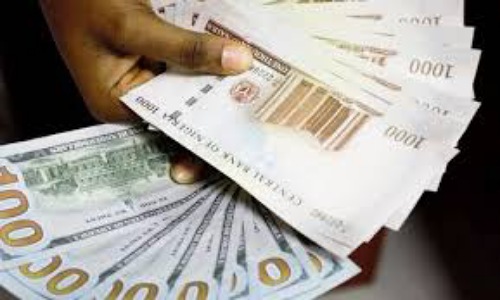
The Naira surged against the US Dollar, surpassing key resistance levels to trade below N1,000 in certain segments of the black market by late Sunday.
This uptrend corresponds with earlier forecasts from Goldman Sachs and occurs amidst increased global geopolitical tensions.
Economists from the American investment bank, Goldman Sachs observed that “The Naira’s current bullish momentum is projected to persist, potentially pushing the exchange rate below N1000 per US dollar in the upcoming months.”
The recent appreciation in the Naira follows a period of volatility marked by significant devaluations since last June. Measures undertaken by Nigerian financial authorities, such as successive interest rate hikes currently at 24.75% and strategic interventions in the foreign exchange market, have notably aided in stabilizing the currency.
A spokesperson from the Central Bank of Nigeria (CBN) emphasized the pivotal role of the CBN’s assertive monetary policy adjustments and the implementation of new market strategies in facilitating the Naira’s recovery from previous setbacks during the latest Monetary Policy Committee (MPC) meeting.
The geopolitical landscape has played a role in market dynamics as well.
Following the recent Iranian strike on Israel, there was an initial flight to safety, which bolstered the US dollar against other currencies.
However, the dollar later stabilized as Israeli ministers indicated no immediate plans for retaliation, easing some market apprehensions.
In March, Goldman Sachs revised its forecast, anticipating the Naira to strengthen to N1200 per dollar by 2024. The firm attributed this optimistic outlook to increased capital inflows and a series of policy initiatives aimed at stabilizing the foreign exchange market.
Finance Minister Wale Edun unveiled plans to boost US dollar inflows, including the sale of foreign currency bonds in the second quarter.
This initiative is part of broader efforts to attract overseas capital through high-yield short-term debt products.
Despite the Naira’s rally and efforts to increase economic inflows, Nigeria’s gross foreign reserves have declined, even amidst rising global commodity prices, especially crude oil.
Nigerian oil grades are presently trading at a premium over the ICE Brent benchmark, which might help counterbalance the adverse fiscal effects of decreased production volumes.
An industry analyst noted, “The ongoing geopolitical unrest in the Middle East and the anticipation of further instability have had significant ripple effects on global markets, impacting commodity prices and currency valuations alike.”



